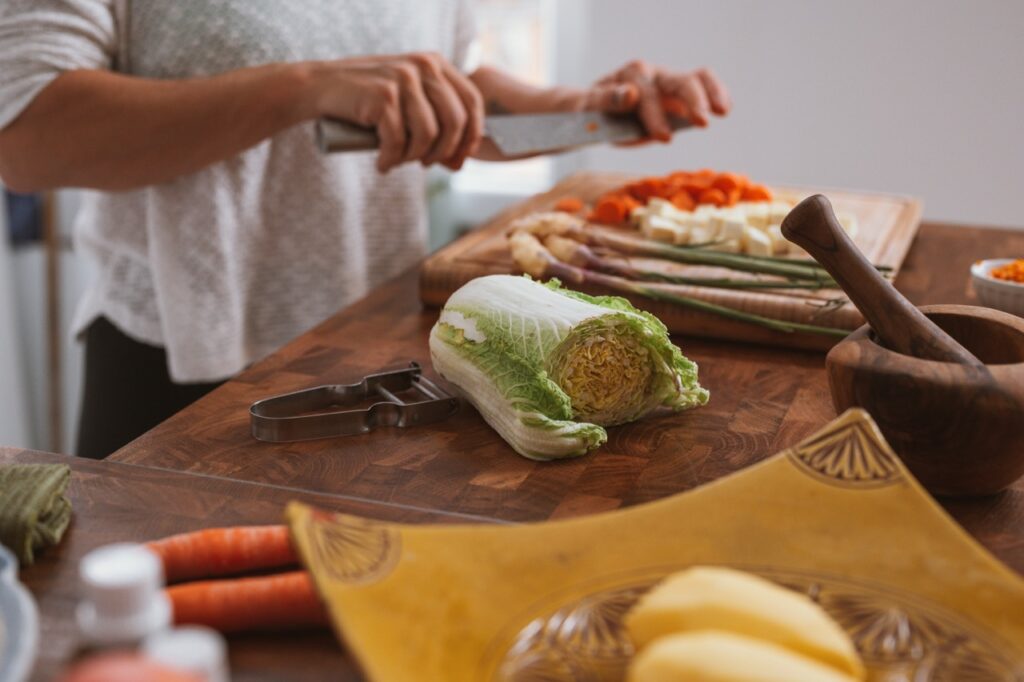My journey started in my final year of university, when years of late-night studying surviving on junk-food finally caught up with me.
Consequently, I got sick.
My sickness kept me bed-bound for days. I’d comfort myself with food, which inevitably led to feeling worse as well as to fatigue, brain fog, and feelings of depression. Something needed to change.
Then, I had two goals in mind: 1. Get into medical school, my lifelong dream and 2. Heal myself, so that I could stand a chance at helping others heal.
Therefore, I radically changed my diet, and slowly but surely, my days of pain dwindled. I had more energy, I was happier, I engaged with friends again. Then, I got into medical school.
The stress of medical school brought back all my bad habits. I felt as though my surroundings were working against me. Most of it was expected and manageable: long hours of study, academic pressures, vulnerable patients, and an even tighter food budget. What I didn’t expect was having to navigate an environment where all the food around me- from the library coffeeshop to the hospital cafeteria- was heavily processed, filled with added sugar and undeniably unhealthy.
(...) we were given pizza, muffins, bagels, donuts, cookies, chips and (always) sugar-sweetened drinks. It didn’t make any sense to me.
At every “free” lunch or sponsored breakfast conference, we were given pizza, muffins, bagels, donuts, cookies, chips and (always) sugar-sweetened drinks. It didn’t make any sense to me. How could we be training as health practitioners and be so disconnected from what we were putting in our bodies?
Entering my clinical rotations, I became increasingly incredulous. As I joined teams of surgeons in performing leg amputations, coronary angioplasties, and vascular stentings, I couldn’t believe the meals that patients were being served inside the hospital. In response to common queries around food, most doctors would point to the vending machines situated on each floor, where an array of candy, chocolate bars and Coca-cola were available.

I witnessed doctors recommend a popular fast food joint (on hospital grounds) to families of diabetic patients. They then lectured patients on the importance of caring for oneself and taking all prescribed medications.
By my final year in medicine, I was disillusioned. I had gone through all the specialties and was meant to pick one, yet I didn’t feel that any of them would enable me to really heal people. Prescribing medications for chronic conditions was like putting a band-aid on an infected wound. It didn’t address the source of the pain.
I had come across a few doctors who recognised this flaw of modern medicine. But they were too busy, too tired, too wrapped up in the U.S. insurance-based system to venture beyond treating symptoms.
Although medicine taught me how to diagnose, nutrition taught me how to cure.
We cannot blame doctors, for they are not allowed the time and resources to counsel patients on lifestyle and nutrition. But we can blame the medical system.
After graduating from medical school I pursued a degree in nutrition and decided to practice as a holistic nutritionist. Today, I am convinced that by becoming aware of what we eat and regularly engaging in movement, restful sleep, and relaxation practices, we can truly nourish and heal our bodies. Although medicine taught me how to diagnose, nutrition taught me how to cure.

